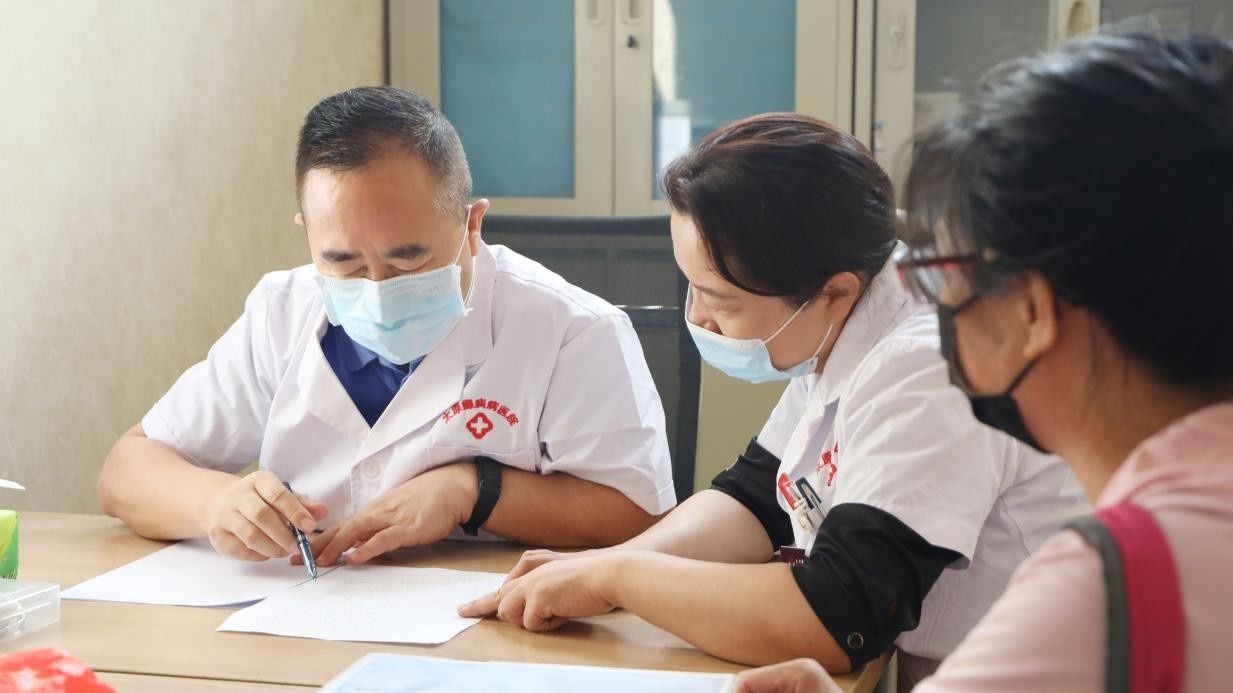Epilepsy treatment takes a long time. In order to achieve a good treatment effect, it requires the cooperation of patients, family members and doctors. So what should the patient do to better cooperate with the doctor? Experts from Taiyuan Epilepsy Hospital gave a detailed explanation for everyone, hoping that patients and their families can learn more about epilepsy treatment and avoid detours during treatment.

(Photo courtesy of Taiyuan Epilepsy Hospital)
1. Precautions for outpatient treatment
During the initial consultation, the doctor will understand the patient’s condition in detail, and will ask the patient and family related questions, so as to make more accurate diagnosis and treatment, so as to provide symptomatic treatment. Therefore, the patient should be accompanied by family members who are familiar with the condition in the outpatient clinic, who can clearly describe the situation, and bring some information about the patient’s previous visits, so that the doctor can check and understand. When a doctor asks about a condition, he can’t hide the fact that he should explain the situation in as much detail as possible.
2. Precautions in the treatment stage
After the patient receives regular treatment, the doctor will customize the treatment plan for him, and usually he needs to take anti-epileptic drugs. Because the treatment is mostly carried out at the patient’s home, family members and patients need to pay more attention to the medication and nursing care of the patient.
Regarding medication, patients should follow the doctor’s advice and take medication regularly. Do not take other drugs at will; do not increase or decrease the dose and frequency of medication at will.
Regarding nursing, patients should pay attention to their daily necessities. If they have any questions, they can ask the attending doctor at any time; if they feel unwell, they can also seek help from the doctor.
3. Precautions for follow-up examinations
Paying attention to re-examination is the first thing that patients and their families should pay attention to, because it is related to understanding the patient’s treatment and physical condition.
General review time The doctor will give a specific time period, and follow up to remind the patient to follow up. EEG examination is required during the follow-up visit to clarify the effect of treatment and the development of the disease; the patient should explain the treatment to the doctor stage, such as the frequency of attacks, whether the symptoms of the attacks are reduced or increased, etc.
Taiyuan Epilepsy Hospital experts remind: Epilepsy is a curable disease, and patients should be proactive and standardized treatment. As long as the diagnosis is correct and the medication is accurate, more than 70% of patients can achieve very satisfactory curative effects, and some patients with idiopathic epilepsy can continue without seizures for many years, gradually reduce the medication, or even stop the medication. In addition, the treatment of epilepsy requires the joint efforts of doctors, patients, and family members to actively cooperate and establish effective communication.